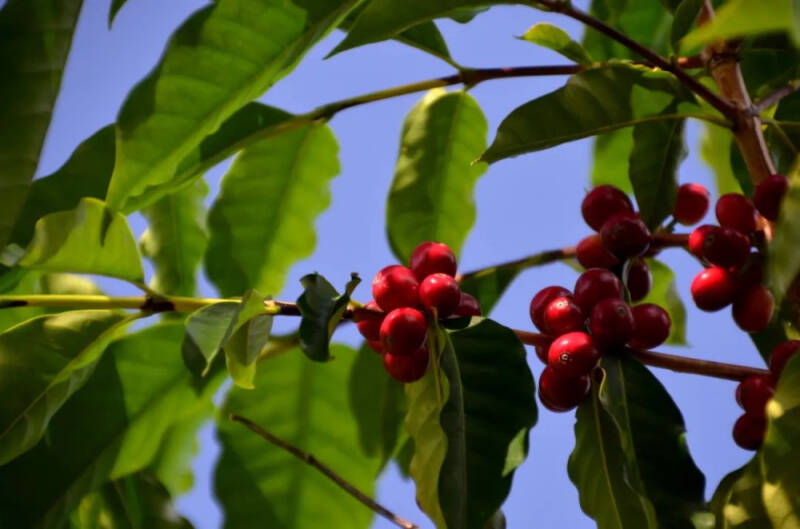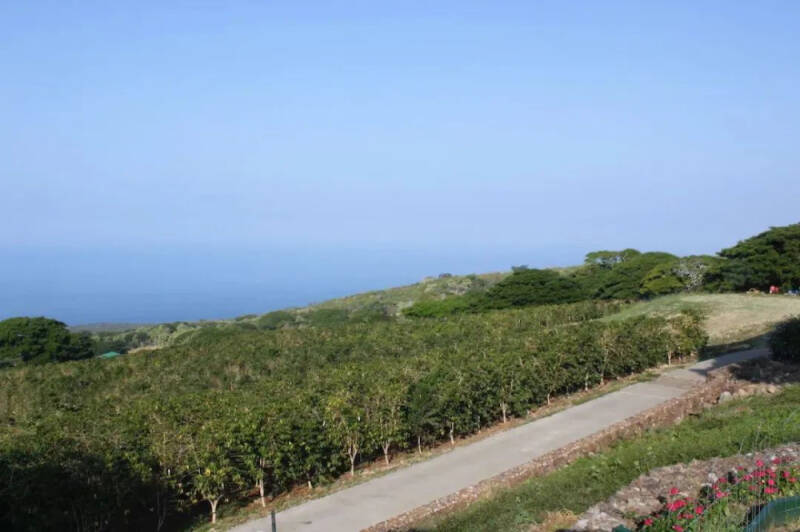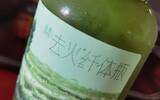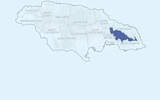Price drops by 20%! New Hawaiian coffee law will affect industry development
Recently, the US state of Hawaii issued Act No. 198, which will take effect in 2027, saying that coffee products sold in Hawaii must contain at least 51% of Hawaiian coffee beans. The new law aims to solve the problem of false labeling, but some large chain coffee buyers are more cautious about the choice of Hawaiian coffee, for fear of buying the wrong coffee and get sued.

According to Hawaiian media reports, the coffee industry in Hawaii, which produces about half of its coffee in the Kona region, is now facing changes because of the new state law. All because, according to the Hawaiian Coffee Association (Hawaii Coffee Association), if the bag of coffee is called (Kona), Ka'u (Kau), Kauai (Kauai) or Maui coffee, then at least 51% of the coffee beans must come from the region.
Hawaiian coffee has always been well-known, of which Kona Coffee is the most famous, and has won the title of "Coffee Queen" as well as Blue Mountain Coffee. Hawaii is an archipelago, because of the island climate, so even if the altitude is not high, it is also very suitable for coffee cultivation. These unique geographical environment, climatic conditions and volcanic soil together give Hawaiian coffee unique characteristics, but its coffee production is not high, coupled with the superposition of various costs, so the price is higher in the market. Generally speaking, 100% pure Kona coffee usually costs between $30 and $60 per pound.

Prior to the bill, Hawaii state law in 1991 allowed "Kona" or any other Hawaiian name to be used by naming, packaging and selling coffee containing only 10% of Hawaiian coffee beans or powdered coffee, but this led to damage to the reputation of Kona Coffee. According to the Hawaiian Coffee Association, consumers buy coffee beans called "Kona Coffee" at high prices, but only 10% of the real Kona coffee is in it, and most of the rest may be Brazilian, Vietnamese or other coffee.
As a result, some Kona coffee growers and legislation have been pushing for stricter labelling requirements as they seek to protect Kona's name and improve the global reputation of Hawaiian coffee, and have begun to sue some big brands. Coffee growers in the Kona district of Hawaii have earlier filed civil lawsuits against eight American baking companies as well as some of the largest grocery stores and online retailers in the United States. Lawsuits against well-known brands such as Wal-Mart, Amazon and Kaixie were successfully sued, resulting in fines of more than $33 million for more than 20 grocery stores and baking companies.
Although the coffee industry in Hawaii strongly supports the new law, it has a negative impact on the coffee trade because it will lead to a decline in demand for Hawaiian coffee. Although the new law will not take effect until 2027, some large chain coffee buyers or traders have become more cautious about buying Kona coffee because of earlier lawsuits, fearing that the new law will lead to lawsuits.
Experts point out that after Hawaii Kona coffee experienced historic highs in recent years, the price of Kona coffee will be 20% lower than that of the previous two years. The market is expected to stabilize, which is good news for coffee consumers, all because the current purchase price will be more affordable.
In addition, the new law also stipulates that Hawaiian coffee can be used in blended coffee as before, but it needs to specify what percentage of Hawaiian coffee it contains and what percentage of foreign coffee it contains.
Although the bill may cause some large coffee trading companies to reduce or stop buying coffee from Hawaii, resulting in lower prices, it will be beneficial to the development of Hawaiian coffee industry, all because of Hawaiian coffee. Kona Coffee, in particular, has a good performance, which has previously led to high prices due to low production. Once the price falls, it will attract some boutique coffee traders to increase the import of 100% pure Hawaiian coffee, especially in the current global coffee upsurge, which can enhance the international influence of Hawaiian coffee.
For more information about coffee producing areas, please scan the code directly and follow: coffee comments.
Long press the QR code to follow:
TRANSLATE with
XEnglishArabicHebrewPolishBulgarianHindiPortugueseCatalanHmong DawRomanianChinese SimplifiedHungarianRussianChinese TraditionalIndonesianSlovakCzechItalianSlovenianDanishJapaneseSpanishDutchKlingonSwedishEnglishKoreanThaiEstonianLatvianTurkishFinnishLithuanianUkrainianFrenchMalayUrduGermanMalteseVietnameseGreekNorwegianWelshHaitian CreolePersian
TRANSLATE with
COPY THE URL BELOW
BackEMBED THE SNIPPET BELOW IN YOUR SITE Bing Webmaster PortalBack
Important Notice :
前街咖啡 FrontStreet Coffee has moved to new addredd:
FrontStreet Coffee Address: 315,Donghua East Road,GuangZhou
Tel:020 38364473
- Prev

When I woke up, Xi tea secretly increased its prices across the country?!
▲ Click to pay attention| Daily Boutique Coffee Culture Magazine Coffee Factory Not long ago, Xi Tea, which is far the leader in sales in the field of fruit and vegetable teas, launched a new product to remove heat and slimming bottles, attracting many fans to buy and place orders. After trying it, many people will unswervingly take a bottle of fruit and vegetable tea a day, using a way they like to replenish their bodies.
- Next

Why is the Blue Mountains of Jamaica so expensive? What are the characteristics of Blue Mountain Coffee?
Blue Mountain Coffee has always been very famous, often associated with high-quality adjectives such as the best, the most expensive, and the rarest, and has also been named "Coffee Emperor." Blue Mountain Coffee is actually coffee produced from the Blue Mountain region of eastern Jamaica. Jamaica is an island country in the northwest Caribbean Sea.
Related
- What grade does Jamaica Blue Mountain No. 1 coffee belong to and how to drink it better? What is the highest grade of Blue Mountain coffee for coffee aristocrats?
- What are the flavor characteristics of the world-famous coffee Blue Mountain No. 1 Golden Mantelin? What are the characteristics of deep-roasted bitter coffee?
- Can I make coffee a second time in an Italian hand-brewed mocha pot? Why can't coffee be brewed several times like tea leaves?
- Hand-brewed coffee flows with a knife and a tornado. How to brew it? What is the proportion of grinding water and water temperature divided into?
- What is the difference between Indonesian Sumatra Mantinin coffee and gold Mantinin? How to distinguish between real and fake golden Mantelin coffee?
- What does bypass mean in coffee? Why can hand-brewed coffee and water make it better?
- Unexpected! Ruixing Telunsu lattes use a smoothie machine to foam milk?!
- % Arabia's first store in Henan opens into the village?! Netizen: Thought it was P's
- Does an authentic standard mocha coffee recipe use chocolate sauce or powder? Mocha Latte/Dirty Coffee/Salty Mocha Coffee Recipe Share!
- What is the difference between Vietnam egg coffee and Norway egg coffee? Hand-brewed single product coffee filter paper filter cloth filter flat solution!

